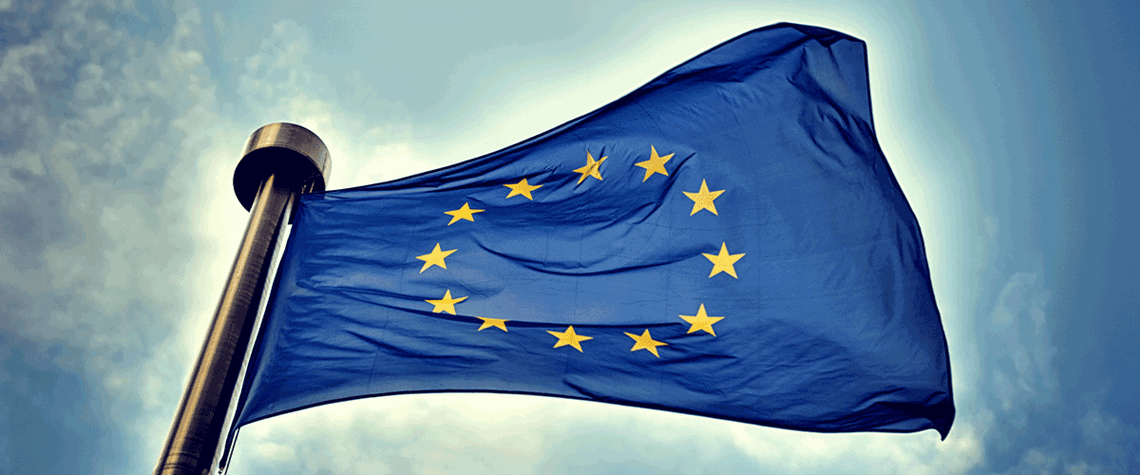RepowerEU financing agreed
Innovation Fund will supply €12bn, with €8bn coming from early auctions of ETS allowances
The Council of the EU and the European Parliament have reached a provisional agreement on the inclusion of RepowerEU proposal measures into member states’ national recovery plans. The European Commission unveiled RepowerEU in May as a response to Russia’s war on Ukraine to speed up the energy transition and diversify energy supplies away from Russia. The plan aims to reduce the demand for Russian gas by 35pc by 2030 compared with 2019. €20bn – Additional grants from Commission RepowerEU will provide EU member states with up to €300bn ($320mn) to achieve this. Most of the money will come from unspent loans from the Covid-19 Recovery and Resilience Facility, as well as reallocated mone

Also in this section
14 August 2025
Innovation is moving at pace in the direct air capture sector, but will costs fall quickly enough to make it a mainstay of the voluntary carbon market?
11 August 2025
US company reiterates commitment to CCUS as it agrees to work with major steelmakers to drive large-scale deployment in Asia
7 August 2025
Draft law opens door to large-scale carbon capture and storage, and could unleash investment in gas-based hydrogen projects
6 August 2025
EU industry and politicians are pushing back against the bloc’s green agenda. Meanwhile, Brussels’ transatlantic trade deal with Washington could consolidate US energy dominance








